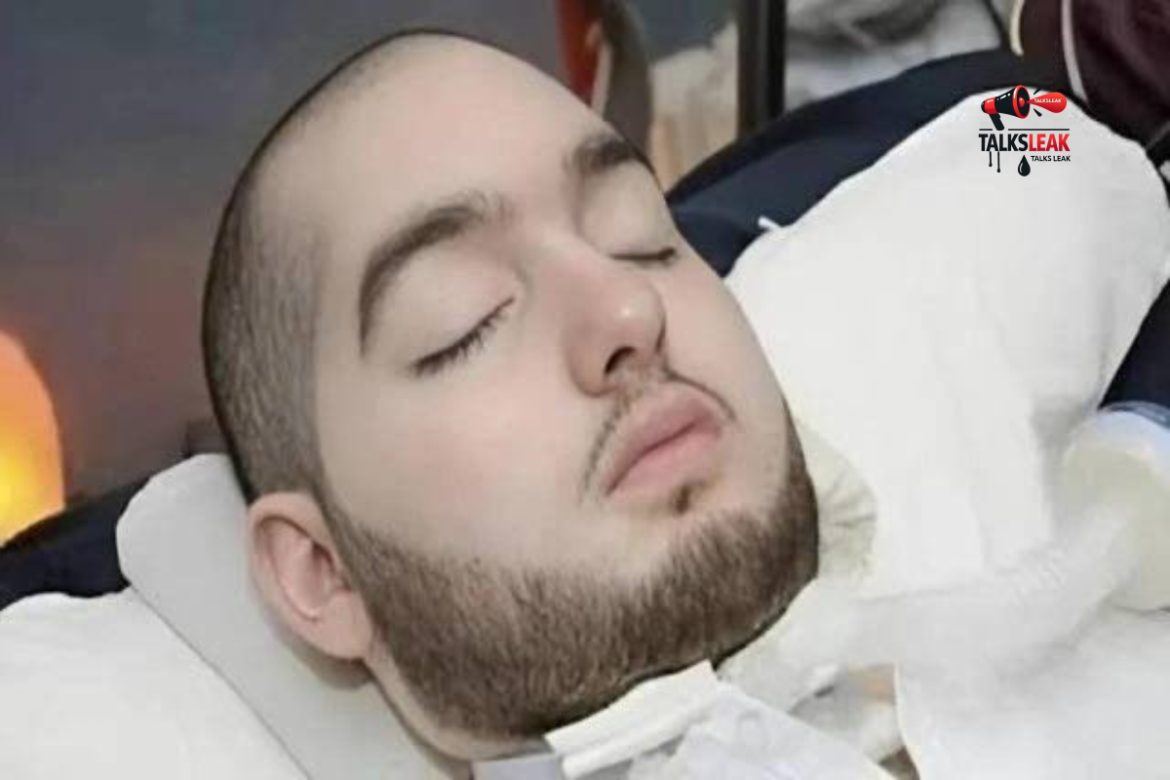A Saudi royal known around the world as the “Sleeping Prince” has once again sparked international attention after a recently surfaced video appeared to show him moving his hand nearly two decades after falling into a coma.
Prince Al-Waleed bin Khalid bin Talal Al Saud, son of billionaire Prince Khalid bin Talal, has remained in a comatose state since 2005 following a traumatic brain injury from a car accident in London. At the time of the crash, he was a young military college student. Doctors declared him to be in a persistent vegetative state, but his family has long maintained hope for his recovery.
In footage shared on social media and verified by regional media outlets, Prince Al-Waleed is seen lying in a hospital bed as a medical professional speaks to him. In response to the doctor’s prompt, the prince appears to lift his hand slightly a moment greeted with visible emotion by observers present in the room.
The brief clip, while not medically conclusive, has reignited public interest in the prince’s condition, with many taking to social media to express hope and solidarity with the royal family.
Since the accident, Prince Al-Waleed has been under continuous medical care at a facility in Riyadh, where his family has refused to withdraw life support. Prince Khalid bin Talal has consistently defended this decision, citing religious and personal convictions, as well as occasional physical responses as signs of “progress.”
Previous videos shared by family members over the years have documented slight movements such as finger twitches and eye flickers but this latest video represents one of the clearest indications of physical response to verbal stimuli.
Medical professionals have historically cautioned against interpreting such movements as evidence of regained consciousness. In patients with prolonged disorders of consciousness, movements can often be reflexive or spontaneous rather than intentional.
“There’s a significant difference between reflex activity and conscious awareness,” said Dr. Ali Al-Qahtani, a Saudi neurologist not directly involved in the case, in an earlier interview. “While hopeful, these responses must be interpreted with clinical context.”
No official medical statement has yet been issued in response to the new footage.
Prince Al-Waleed’s case has long symbolized both familial devotion and the ethical dilemmas surrounding long-term life support. The prince’s father has frequently spoken about the spiritual dimensions of the journey, and the family has remained vocal in their belief that recovery is possible, however gradual.
We will never give up on him, no matter how long it takes, Prince Khalid said in an earlier statement.
The story of the “Sleeping Prince” has resonated across the Arab world and beyond, with each development, however, minor gaining international media coverage. The new footage has once again prompted an outpouring of sympathy, prayer, and curiosity about his condition.
As of now, Prince Al-Waleed remains under care, and no change to his official medical status has been announced.


